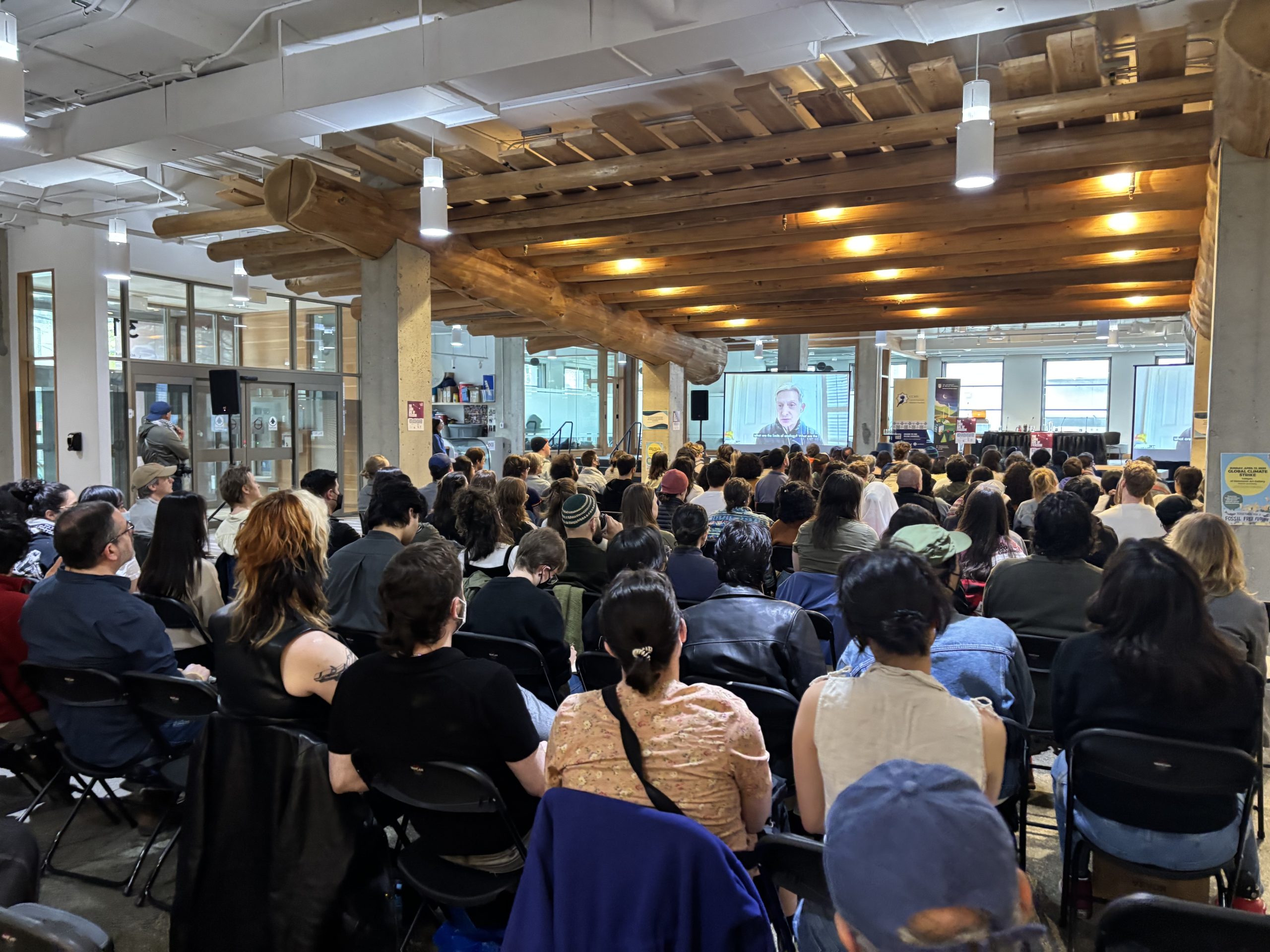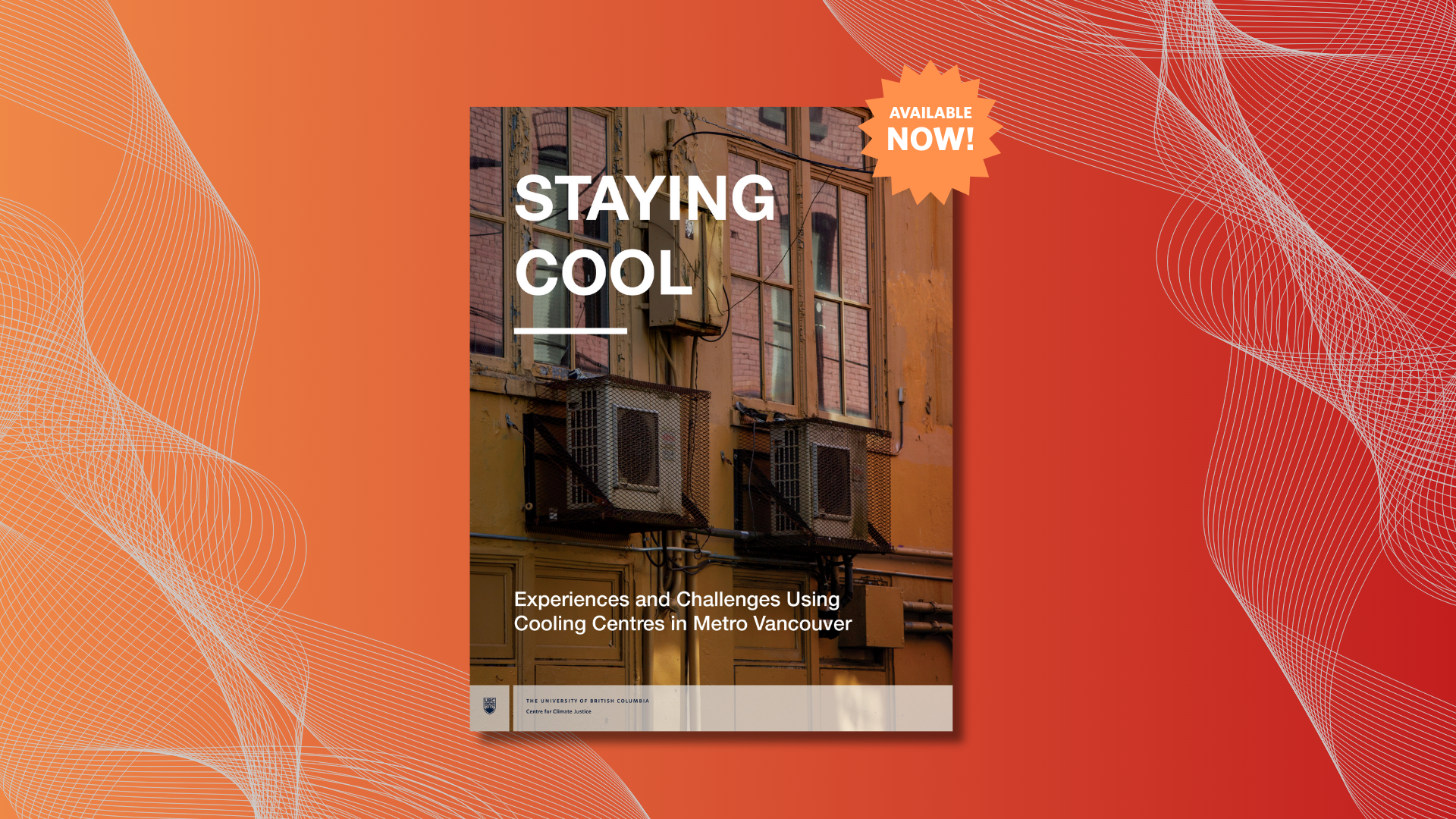On April 18, the Long Arc of Fascism conference kicked off with an evocative keynote by historian and author Dr. Sherene Seikaly (UC Santa Barbara, author of Men of Capital: Scarcity and Economy in Mandate Palestine). In her lecture, Palestine as Paradigm, she reframed Palestine not as a distant humanitarian tragedy, but as a critical framework through which to understand our current moment, which is marked by colonial violence, the rise of fascism, and the systemic destruction of life.
“Palestine is not a laboratory. It is not a problem to be solved. It is not an object of salvation. Palestine is a paradigm.”
“Shock, loss, and exhaustion have melted, fused, and deformed time for the Palestinians in the Gaza Strip,” she explained, describing how the genocidal war has collapsed historical and future horizons into an unbearable, ever-present now.
The lecture also placed an emphasis on scholasticide – the targeted erasure of education and knowledge in Palestine. Since October 2023, Israel has destroyed every university in Gaza, killed over 13,000 students and 600 educators, and incinerated centuries of archival materials. These attacks, she argued, aim to annihilate not only Palestinian life but also Palestinian memory and imagination.
“Underneath the rubble and the smoking guns of genocide lie the deepest threat to these regimes: our capacity to tell our stories.”
Following the keynote, Dr. Seikaly joined CCJ Co-director Naomi Klein and Adel Iskandar in conversation. Together, they explored how fascism stretches across geographies – from Palestine to Turtle Island – and how resistance must be grounded in shared histories and collective strategies for survival. The dialogue emphasized that solidarity isn’t symbolic; it is a material, ongoing commitment to dismantling the systems that produce death and dispossession.
Dr. Seikaly closed by urging the audience to hold onto the complexity of the present moment – not by choosing between hope and despair, but by refusing the simplicity of either. Drawing on the lived experience of Palestinians who persist amid devastation, she called on listeners to embrace the paradoxes that define resistance. In a world where fascism demands forgetfulness and obedience, Dr. Seikaly asked us to lean into memory, complexity, and defiance.
“Let us cultivate courage in spaces of fear. Let us find arenas of shared possibility across difference. Let us practice defiance in the hope that the future might – must – still be ours.”
Her words laid the foundation for the April 19 community teach-in, grounding the following discussions in a commitment to life, justice, and the urgent work of collective imagination.
Hosted by the UBC Centre for Climate Justice and the SFU Centre for Comparative Muslim Studies.


